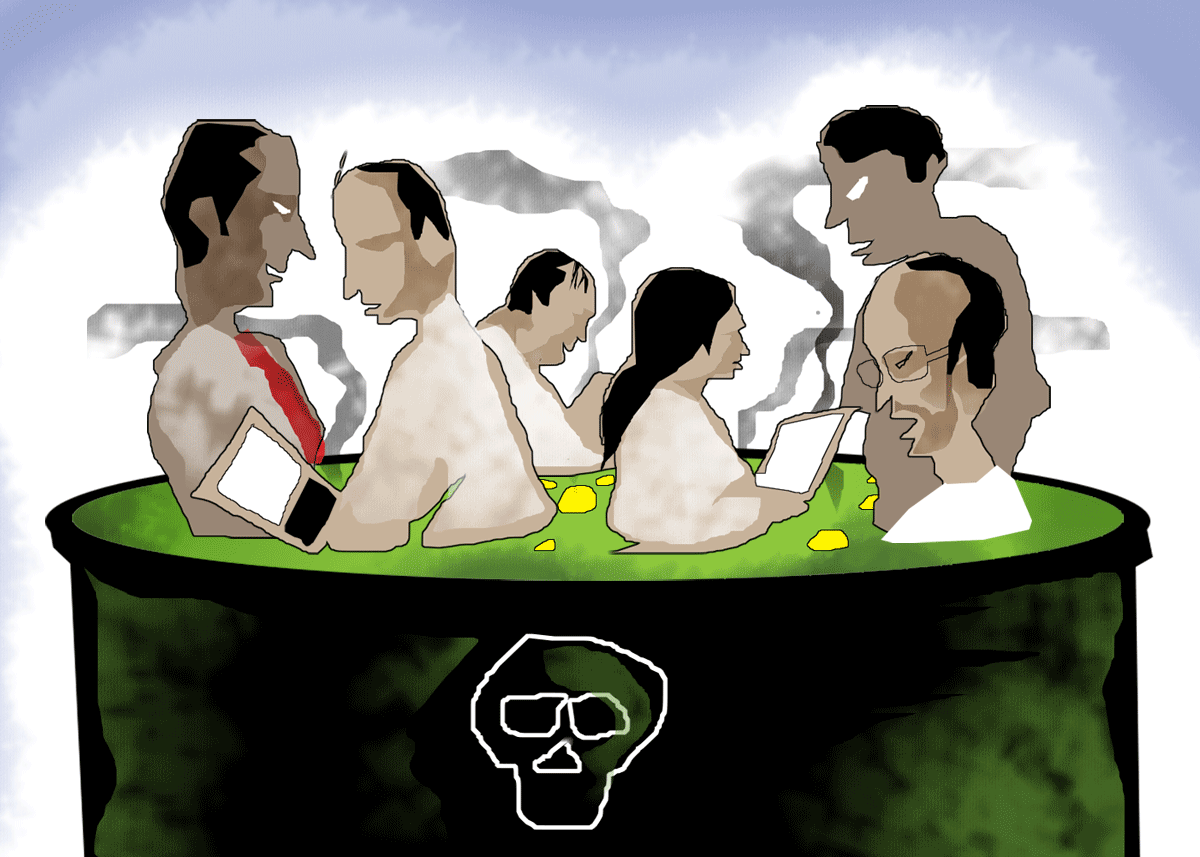India is spearheading the global Return-to-Office (RTO) movement by a significant margin. According to the JLL Workplace Preference Barometer 2025 report, 82% of Indian employees are subject to work-from-office mandates, with the majority (eight in 10) expressing positive sentiment toward RTO policies.
The leading sectors driving RTO adoption are technology companies, Banking, Services & Financial Institutions (BSFI), and the education sector.
Indian corporates have cracked the code on workplace excellence, with 83% of employees describing their work environment as close to ideal a figure that significantly outpaces the Asia-Pacific average of 64%.
Flexibility Drives Talent Decisions
According to the report, the business impact is significant: 60% of Indian employees cite flexibility as the primary factor when selecting new employers, outperforming the APAC average of 54%
This data shows that forward-thinking organisations offering flexible work options will have a competitive advantage in attracting top talent.
From Sentiment To Performance
Converting the remarkable positive sentiment into enhanced productivity requires a three-pronged strategic approach, states the JLL Workplace Preference Barometer 2025 report.
- Workplace experience enhancement must focus on creating environments that genuinely justify the commute through superior collaboration tools, premium comfort amenities, and flexible spaces that adapt to diverse work styles.
- Flexible time management should evolve beyond basic hybrid models to offer individualised scheduling that respects personal circumstances while maintaining essential team connectivity.
- Well-being integration must address the 28% with negative sentiment by systematically tackling concerns around work-life balance, commute challenges, and productivity optimisation.
Workplace Burnout Is Real
The research, however, highlights a growing well-being challenge: 54% of employees in India are experiencing moderate to elevated levels of burnout, creating a significant drag on organisational performance, and directly fueling attrition challenges.
This statistic represents millions of workers whose productivity, engagement, and loyalty are compromised by unsustainable work pressures and inadequate support systems.
Six out of 10 employees would actively select a new employer based solely on flexible work arrangement availability, transforming workplace flexibility from a nice-to-have perk into a fundamental competitive differentiator. These interconnected challenges and burnout are affecting more than half the workforce and flexibility driving 60% of employment decisions.




















